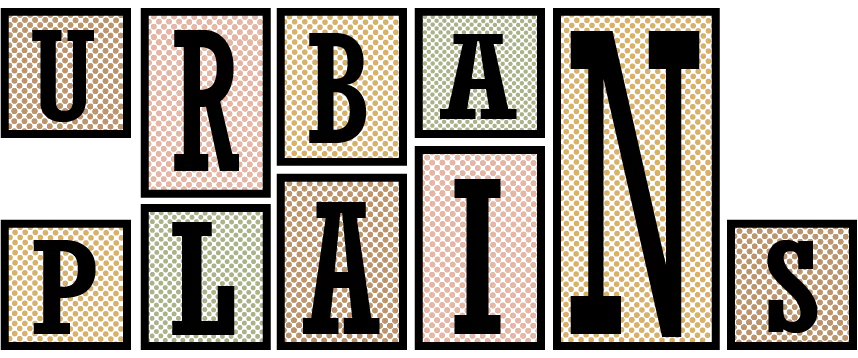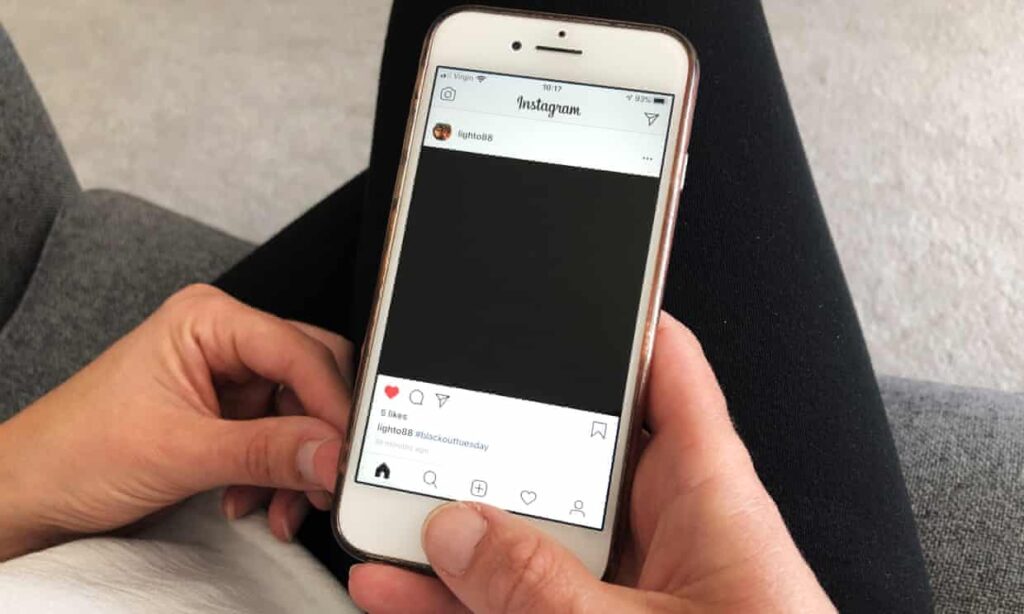Educate Yourself
Becoming an ally begins with education. It may seem like a daunting task at first, but there are endless ways to learn. Take a second to think about how you learn best. There are written resources as well as audio and visual resources to help guide you.
If you’re a Spotify user, the podcast What Matters published by Black Lives Matter Global, features interviews with prominent figures on their personal experience as a Black American.
Movies are another visual way to gain insight on this topic. Documentaries especially help paint a descriptive picture. Filmmaker Ava Duvernay’s 13th highlights modern-day slavery within the prison industrial system. It is available for streaming on Netflix.
Author Ijeoma Oluo’s So You Want to Talk About Race discusses race in a contemporary light and gives advice on how to—and how not to—hold conversations surrounding this topic. Other issues discussed include microaggressions, affirmative action, and police brutality. It’s a New York Times Bestseller and a must-read for anyone wanting to understand how to have conversations about race.
Support Black and POC Companies
Supporting Black and POC-owned companies is important because it highlights diversity and communities that are often overlooked. Furthermore, throughout US history, there has been a large racial wealth gap. Supporting these small businesses is one way we can help close this gap. It takes just a simple Google search to find a variety of Black-owned businesses, some of which may be in your hometown.
If you are looking for coffee, Dripped and Draped located in Omaha, Nebraska, is a great place to start. Vandra Caldwell and Vannell Litrelle founded this coffee shop, with a desire to create an inclusive and welcoming space for all. Their menu is extensive and includes unique options like a 24K charcoal latte and a blue lavender latte.
If you’re interested in makeup, you might want to check out Uoma Beauty. Founded by Nigerian-born Sharon Chuter, Uoma promotes makeup designed for people of all backgrounds. It boasts an impressive shade range, something that many companies don’t always prioritize. Their products can be found on ulta.com, or you can shop directly from their website.
If you’re in the market for new home decor, BluMintStudios has eclectic options that will revive any dull space. This company was founded by Blake Alexander, an industrial designer and artist. His work is more on the modern side, and though expensive, the quality and artistry of the products make it completely worth it.
Intervene When You See racism in Play
While these conversations can be tough, if you see racism at play, start by calling in instead of calling out. “Calling in” is a method of holding someone accountable for their hurtful actions, while still maintaining a sense of compassion throughout the conversation. When calling someone in, approach the situation without judgement. People often act defensive when they feel attacked, so think about your delivery when speaking. In many instances, people may not understand their actions completely.
A large part of calling in is helping others understand why their actions are harmful. For example, if your friend is using a derogatory word, you could start by explaining the history of the word and move on to explain why it’s hurtful. It’s far more likely that people will truly learn from a compassionate conversation than an aggressive one. End the conversation by stating that everyone is still learning. Inclusion is a process that you must work toward.
Finally, remember that you’re not responsible for anyone’s growth but your own. Whether the person actually implements the new steps and information you provided is up to them. But no matter the outcome, starting these conversations is a step in the right direction.
Show up Past Social Media
Social media activism is best described as performative allyship. It has everything to do with amplifying one’s personal image and nothing to do with real allyship. A prime example of performative activism is #blackouttuesday. On Tuesday, June 2, 2020, Instagram-users showed up on the social platform to show their solidarity for the Black Lives Matter movement and the Black individuals murdered by our country’s police force. Black squares flooded Instagram feeds everywhere, but it soon became a symbol of performative activism as everyone felt the peer pressure to post a black square. Quickly into the morning, it became clear #blackouttuesday was a way for some to join in on a movement they know nothing about, thus burying the important resources needed during the height of the Black Lives Matter movement in the summer of 2020. While this display of support was well intentioned, we quickly learned that the black squares flooding our feeds let individuals feel like they’re supporting a movement without actually putting in the work to show up for the Black community in real time. What’s more, #blackouttuesday let people hide behind their own history of racism by joining in a movement many still have yet to understand, let alone support.
The moral of the story? If you want to be a genuine ally, take your conversations past social media. Start by talking about racial injustice in your social circle and stopping racism when it occurs. Most importantly, acknowledge your own implicit biases. White individuals especially have a lot of unlearning to do when learning how to become allies. Acknowledge your privilege and use it to influence others.
Check-in With Your Black and POC friends
During a time when there are a lot of heavy headlines about violence toward POC, and especially the death of Black individuals, it’s important to check in with your friends. This lets them know that you’re there if they want to talk, respect their space if they don’t, and recognize the issues at hand. There is no need for a heavy conversation; try sending a text or asking them how they’re feeling. Supporting your Black and POC friends starts with self-education and active listening. As you continue conversations about racial injustice in your circles, remember not to let the conversation revolve around you when trying to empathize with another person’s lived experiences.

